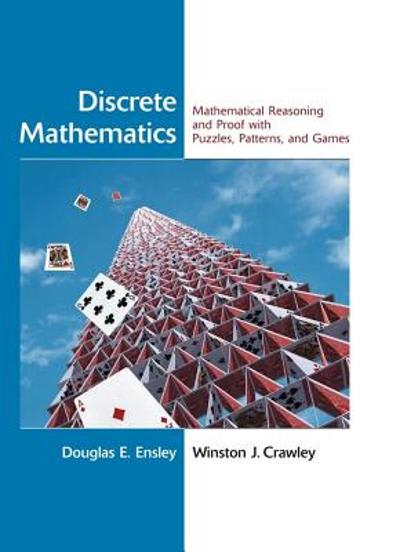Question
Suppose an experiment is done to test the effectiveness of a COVID-19 vaccine. A group of people is recruited and all of them are randomly
Suppose an experiment is done to test the effectiveness of a COVID-19 vaccine. A group of people is recruited and all of them are randomly assigned to either get the vaccine or not. After a period of time, data will be collected on who gets COVID-19 in each group. The average age of each group is also computed. Choose all that apply:
Although the samples are taken without replacement, the correction factor should not be used when calculating SEs.
The average age of the vaccinated group and the average age of the non-vaccinated group are independent.
Older people are more likely to be affected by COVID-19, so if the average ages of the two groups are different, the results of the experiment will not be valid.
Consider the situation of the previous problem, and suppose we are going to do hypothesis test based on this data to try to see if the vaccine works. The null hypothesis implies that:
The SE for the percent of people who get COVID-19 should be the same for both groups.
The SD used to calculated the SE should be the same for both groups.
The percent of people in the population who would get COVID-19 ifeveryonewas vaccinated is the same as the percent of people in the population who would get COVID-19 ifnobodywas vaccinated.
The percent of people who get COVID-19 in the vaccinated group is the same as the percent of people who get COVID-19 in the unvaccinated group.
Step by Step Solution
There are 3 Steps involved in it
Step: 1

Get Instant Access to Expert-Tailored Solutions
See step-by-step solutions with expert insights and AI powered tools for academic success
Step: 2

Step: 3

Ace Your Homework with AI
Get the answers you need in no time with our AI-driven, step-by-step assistance
Get Started


